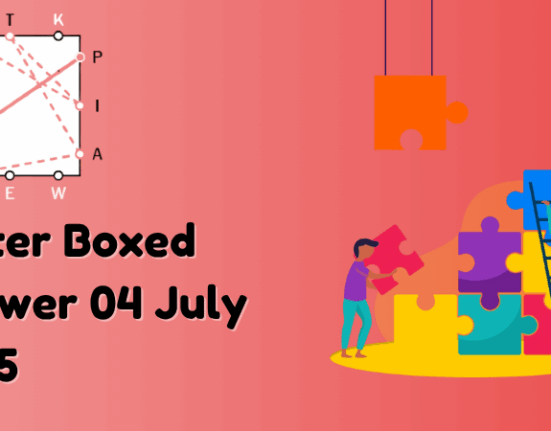Secondary consultations have the potential to revolutionize the way patients access specialist care. In a world where healthcare systems are often overstretched and under-resourced, the concept of secondary consultation offers a glimmer of hope for better, more efficient healthcare delivery.
Picture this: you walk into your local GP’s office with a specific medical concern. Instead of being immediately referred to a specialist, your GP engages in a doctor-to-doctor discussion with an expert in the field. This expert provides detailed recommendations on diagnosis and care, potentially eliminating the need for multiple referrals and saving you time and money.
As Peter Breadon aptly puts it,
“It’s time to move from pilots to policy, and put specialist advice on every GP’s desktop.”
The existing healthcare system is riddled with challenges – shortages of specialists, long wait times for public care, and exorbitant fees for private services. It’s clear that reforms are needed across the board to ensure all individuals can access the specialized care they require.
The idea behind secondary consultations is simple yet powerful. By facilitating seamless communication between GPs and non-GP specialists, patients can receive timely advice without unnecessary delays. However, despite its potential benefits, the current implementation of secondary consultations remains fragmented and inconsistent.
While some regions have experimented with pilot programs, these initiatives often lack sustainable funding and comprehensive coverage across various specialties. What if there was a way to streamline this process by providing secure, text-based advice that could address up to 90 percent of cases in primary care without requiring immediate referrals?
Countries like the US, Canada, and parts of Australia have already embraced text-based systems for secondary consultation with great success. These platforms offer timely advice from qualified specialists while monitoring key metrics like referral rates and overall satisfaction among GPs.
Imagine being able to connect with multiple specialists through a single portal at your GP’s office – no more running around or waiting endlessly for appointments. By investing approximately $26 million annually into such systems, governments could potentially save millions in out-of-pocket fees for patients while optimizing specialist resources efficiently.
Peter Breadon emphasizes that
“Secondary consultation won’t fix every problem in our specialist system but it’s a rare reform that delivers faster care…in one click.”
The shift towards digital solutions like ‘GP ASK’ in Queensland and Western Australia signals a step in the right direction towards national adoption.
With successful pilots already underway in Queensland and Western Australia garnering positive feedback from both clinicians and patients alike, it begs the question – why should residents in other states continue waiting? A unified approach led by Health Ministers could pave the way for nationwide implementation by 2027.
In conclusion, while secondary consultations may not be a panacea for all issues within our healthcare system; they represent a significant stride towards enhancing accessibility to specialized care. As we navigate through ongoing reforms aimed at improving patient outcomes nationwide let’s remember – sometimes big changes start with small steps.









Leave feedback about this